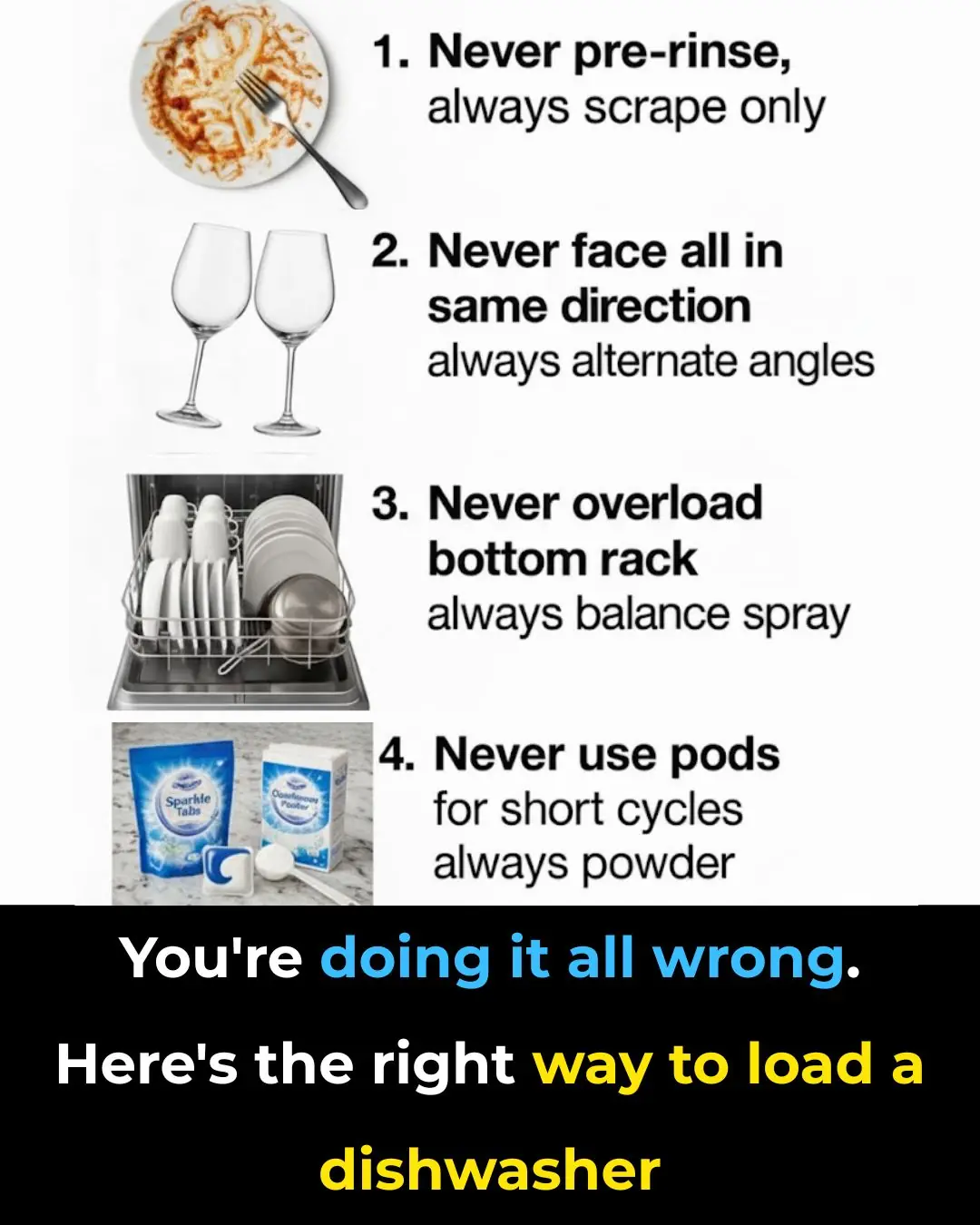
7 Affordable Fruits That Are Surprisingly Good for Fatty Liver – Everyone Should Know
![]()
A diet rich in fruits, vegetables, and fiber has long been proven to help prevent and manage fatty liver disease — a growing health concern caused by excess fat accumulation in the liver. Certain fruits not only provide essential nutrients but also aid in detoxifying the liver, reducing inflammation, and improving overall liver function.
Here are seven inexpensive yet powerful fruits that can help protect and restore your liver’s health naturally.
1. Pears
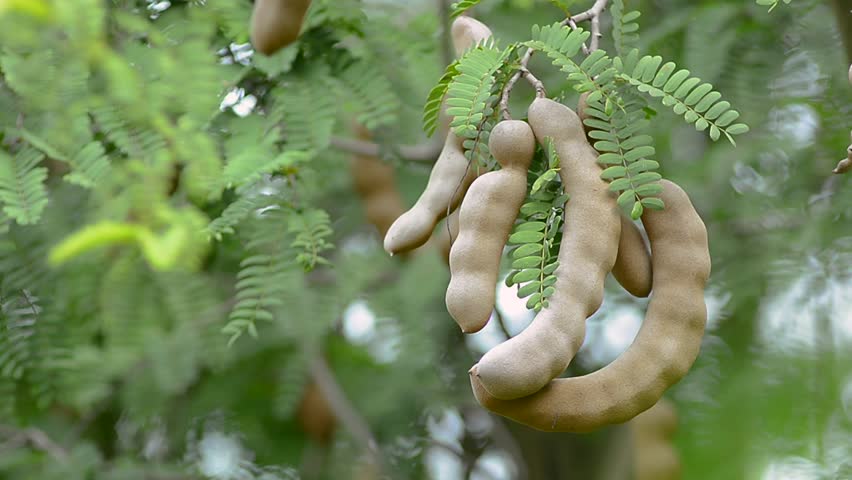
Pears are an excellent fruit for liver health due to their high fiber content, both soluble and insoluble. This combination helps promote healthy bowel movements, eliminate excess cholesterol, and regulate intestinal function — all of which support the liver’s detoxification process.
Pears also contain pectin, a type of soluble fiber known to prevent constipation and promote gentle detoxification. Eating two pears a day provides about 20% of your daily vitamin C, around 10% of your folic acid needs, and a range of B vitamins (B1, B2, B3, B6) along with vitamin E.
These nutrients help the liver process fats and toxins more efficiently. In addition, the organic acids found in pears can stimulate gastric juice production, aiding digestion and cleansing the pancreas and liver naturally.
Tip: Choose ripe, juicy pears and eat them with the skin on for maximum fiber and antioxidants.
2. Tamarind
Tamarind may not be the first fruit that comes to mind for liver health, but it offers powerful anti-inflammatory and antibacterial properties. Rich in dietary fiber and unsaturated acids, tamarind supports digestion, lowers bad cholesterol, and helps manage arterial stiffness — a condition that often accompanies fatty liver.
Tamarind also possesses hepatoprotective (liver-protecting) qualities. Its compounds can help reduce liver congestion and promote bile flow, aiding the body in breaking down fats and eliminating toxins.
Additionally, tamarind can assist in reducing fat buildup around the liver and improving cholesterol metabolism, which is essential for people suffering from non-alcoholic fatty liver disease (NAFLD).
How to use: Drink tamarind water or add tamarind paste to soups and sauces — a tangy, nutritious way to support your liver.
3. Pomegranate
Pomegranates are a superfood for liver health thanks to their abundance of antioxidants such as flavonoids, polyphenols, and vitamin C. These compounds fight oxidative stress, one of the leading causes of liver cell damage in fatty liver disease.
Pomegranate also contains punicalagins and anthocyanins, natural anti-inflammatory agents that help reduce liver inflammation and prevent fibrosis (scarring). Regular consumption may protect liver cells from harmful fat buildup and oxidative damage.
Some studies even suggest that pomegranate juice can improve liver enzyme levels and aid in the regeneration of damaged liver tissue.
Suggestion: Enjoy fresh pomegranate seeds or drink a glass of 100% pomegranate juice a few times per week.
4. Grapefruit
Grapefruit is known for its detoxifying and liver-restoring abilities. According to Dr. Jinal Patel, Senior Clinical Nutritionist at Apollo Spectra Hospital (Mumbai, India), grapefruit’s high levels of vitamin C and antioxidants help remove toxins from the body and support liver recovery after fatty liver damage.
It also contains two key antioxidants — naringenin and naringin — which have been found to reduce liver fat, increase enzyme activity, and prevent inflammation.
Caution: Grapefruit can interfere with certain medications, so always check with your doctor before adding it regularly to your diet.
Tip: Half a grapefruit before breakfast can help jumpstart digestion and metabolism naturally.
5. Bananas
Bananas are another easy, budget-friendly fruit that can benefit liver function. Dr. Patel recommends eating them regularly because they are packed with vitamins B6, C, and A, as well as resistant starch, which promotes healthy gut bacteria and supports the liver’s metabolic processes.
The potassium in bananas helps maintain electrolyte balance and prevents fluid retention — both crucial for reducing the strain on the liver. Their natural sweetness also makes them a great replacement for processed snacks, helping you cut back on sugar intake, a major contributor to fatty liver.
Best time to eat: Have one banana as a mid-morning or pre-workout snack for sustained energy without overloading your system.
6. Grapes
Especially red and purple grapes, these fruits are rich in resveratrol, a potent antioxidant that helps detoxify the liver, improve liver function, and protect cells from oxidative damage.
Dr. Patel explains that grapes also provide vitamin C and magnesium, both of which help reduce inflammation and prevent infections. Research has shown that resveratrol may help lower liver enzyme levels, decrease fat accumulation, and improve overall liver health.
Fun fact: Grape skin and seeds contain the highest concentration of antioxidants — so if possible, eat them whole.
7. Apples
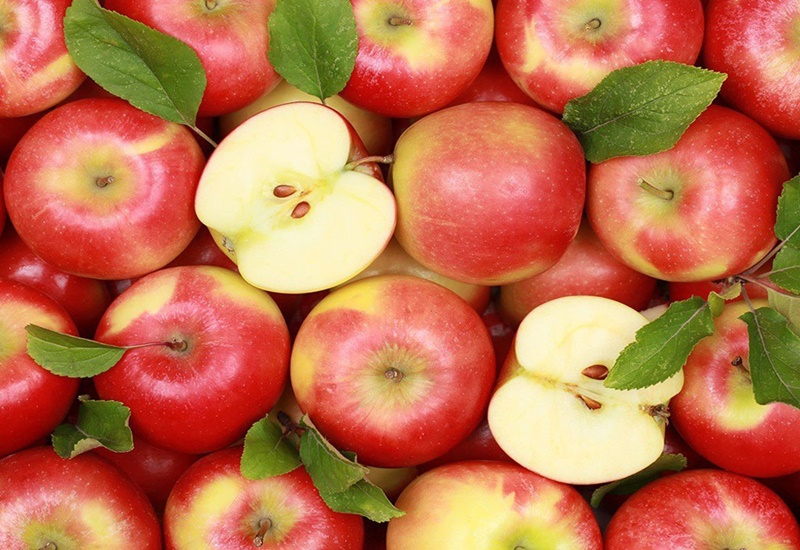
Apples are among the most accessible fruits and are excellent for cleansing and supporting the liver. They’re rich in vitamin C, fiber, potassium, and magnesium, making them a great addition to any balanced diet.
The pectin in apples helps the body remove heavy metals and toxins, reducing the liver’s workload. Regular consumption of apples can also help regulate cholesterol and improve digestion, further protecting liver health.
Tip: Eat fresh apples with the skin on or blend them into smoothies for a refreshing detox drink.
Additional Tips for Liver Health
While fruit consumption is highly beneficial, remember that a healthy lifestyle is key to managing and reversing fatty liver disease. Here are a few extra guidelines:
-
Avoid fried and processed foods high in sugar and saturated fats.
-
Drink plenty of water — hydration helps the liver flush out toxins through urine and sweat.
-
Limit alcohol consumption, as even small amounts can worsen liver damage.
-
Exercise regularly to help burn fat and improve liver enzyme function.
-
Get routine check-ups and follow your doctor’s advice on nutrition and medication.
You can enjoy these fruits fresh, as juices, or blended into smoothies, but moderation is important. Too much fruit sugar (fructose) can also burden the liver if overconsumed.
Final Thoughts
Caring for your liver doesn’t have to be expensive or complicated. By incorporating these seven affordable and nutrient-rich fruits into your daily meals, you can naturally help your body detoxify, reduce inflammation, and strengthen one of its most vital organs.
Small, consistent dietary changes — combined with a balanced lifestyle — can go a long way in restoring your liver’s health and keeping your energy levels high.
News in the same category


Don’t Buy Tomatoes Anymore – Grow Them at Home, Plants Grow “Fast as Lightning” with Bountiful Fruits

My nana taught me this hack to get rid of dark circles in 5 mins with 0 work. Here’s how it works

How to Keep Ripe Bananas Fresh Without Turning Them Brown

My nana taught me this hack to remove blackheads in 2 mins with 0 work. Here’s how it works

If you drink lemon water every morning, this is what happens to your body

Stop wasting money on these 10 things
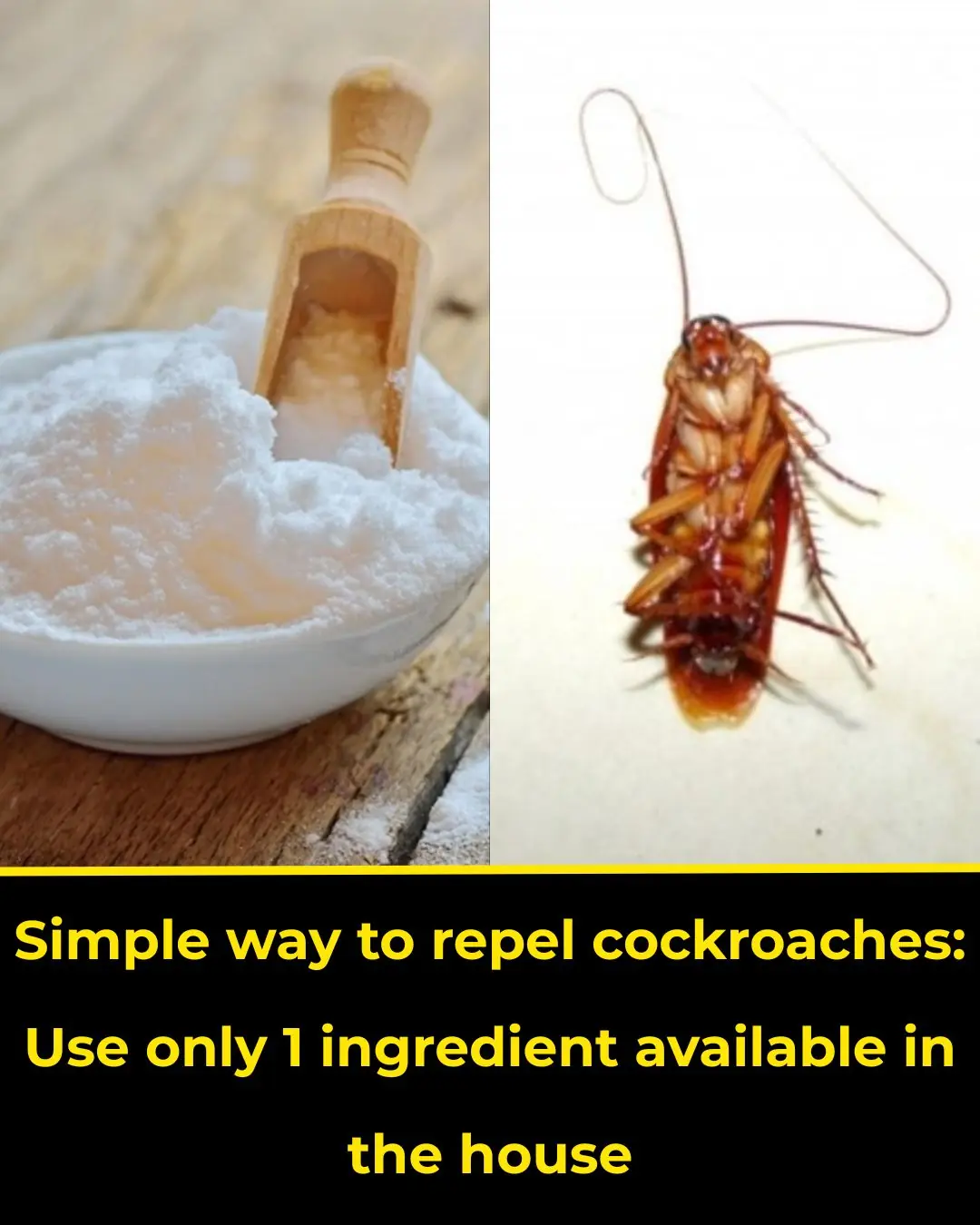
Simple way to repel cockroaches

Washing Machine Full of Dirt and Bacteria? Pour One Bowl of This Inside — It’ll Be Spotless and Fresh Like New!
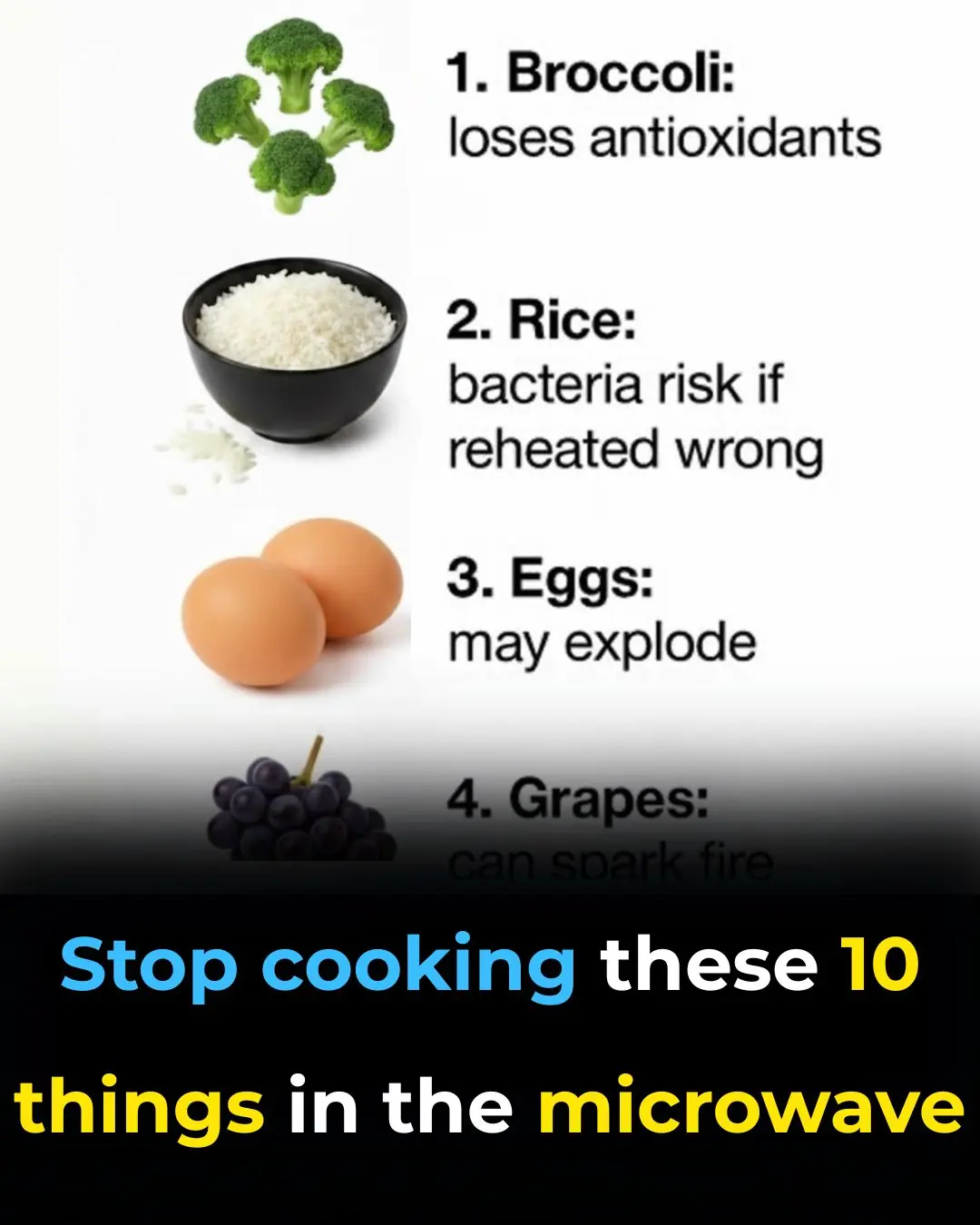
Stop cooking these 10 things in the microwave

Stop organizing these 10 things backwards

The Silica Gel Pack You Always Throw Away Has 6 “Magical” Uses: Great for Your Health and Elevates Everyday Life
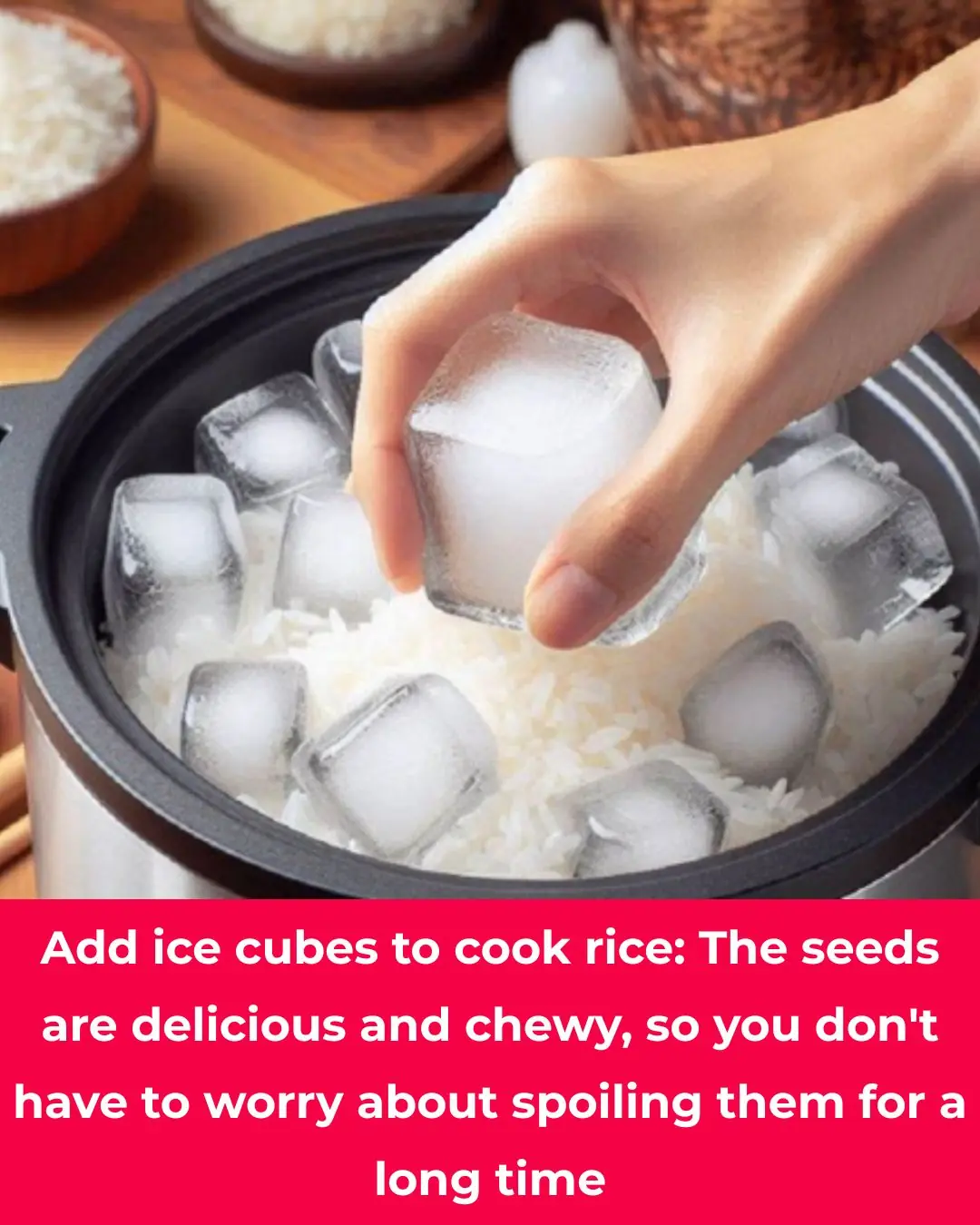
Put ice cubes in to cook rice: The seeds are delicious and chewy

Knowledge of how a water filter can become a disease site
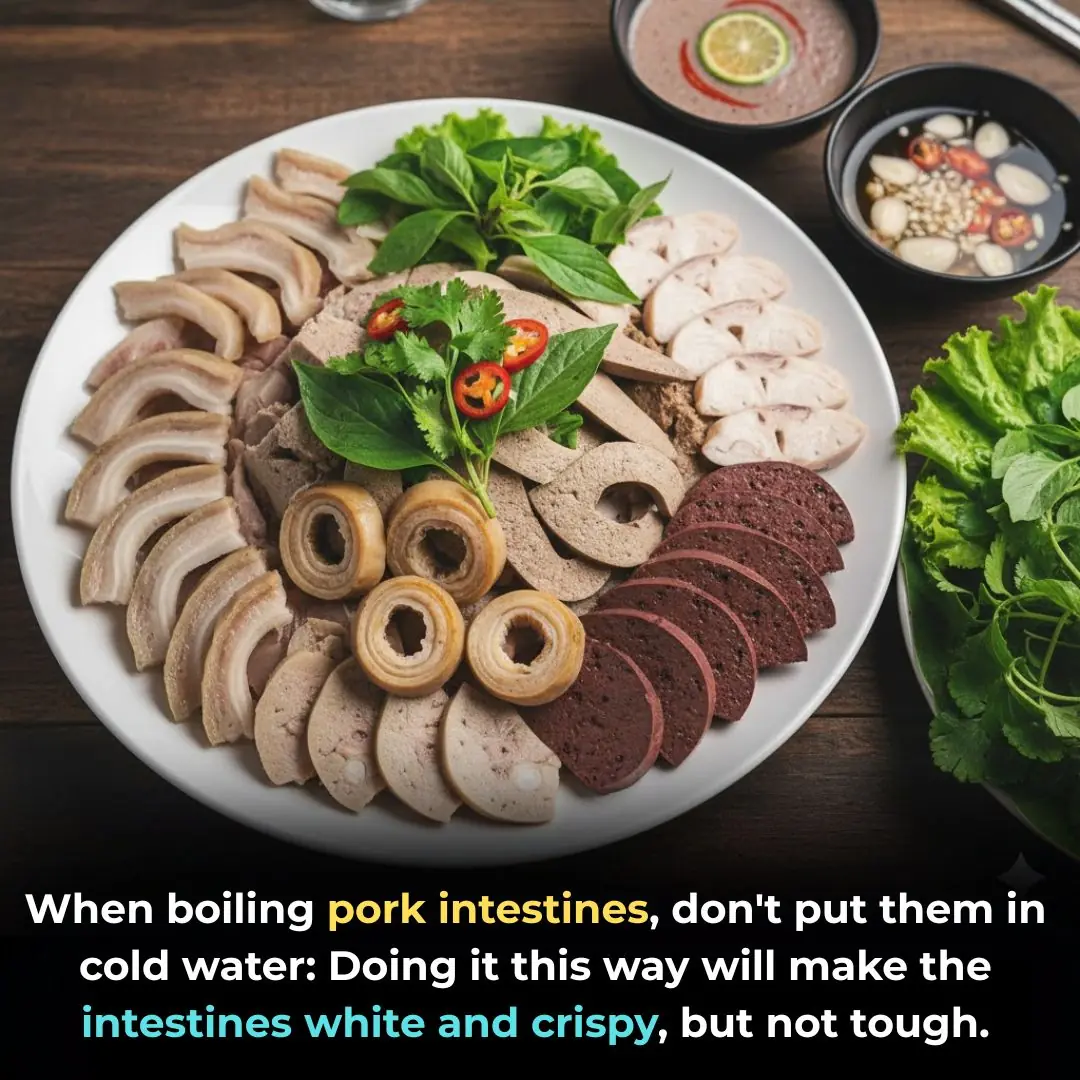
When boiling pork intestines, don't put them in cold water: Doing it this way will make the intestines white and crispy, but not tough.

Bone stew, simmered bones for this dish, the meat is tender and the broth is sweet and clear.

Last weekend, I made grilled ribs like this to treat my guests. Everyone exclaimed because it was so delicious.

When you buy pork, don't wash it in water right away. If you do this, the meat will stay fresh and delicious for a whole month.

Don't put ripe bananas in the refrigerator right away: Do it this way, and they will stay fresh for a whole month, without turning black or spoiling.
News Post

A Quick & Effective Skincare Routine for Your Hands

You’re doing it all wrong. Here’s the right way to load a dishwasher

Don’t Buy Tomatoes Anymore – Grow Them at Home, Plants Grow “Fast as Lightning” with Bountiful Fruits

My nana taught me this hack to get rid of dark circles in 5 mins with 0 work. Here’s how it works

How to Keep Ripe Bananas Fresh Without Turning Them Brown

YOUR FEET ARE A 'BLOOD SUGAR METER' BEWARE OF DIABETES IF YOU FREQUENTLY EXPERIENCE THESE 12 SYMPTOMS

My nana taught me this hack to remove blackheads in 2 mins with 0 work. Here’s how it works
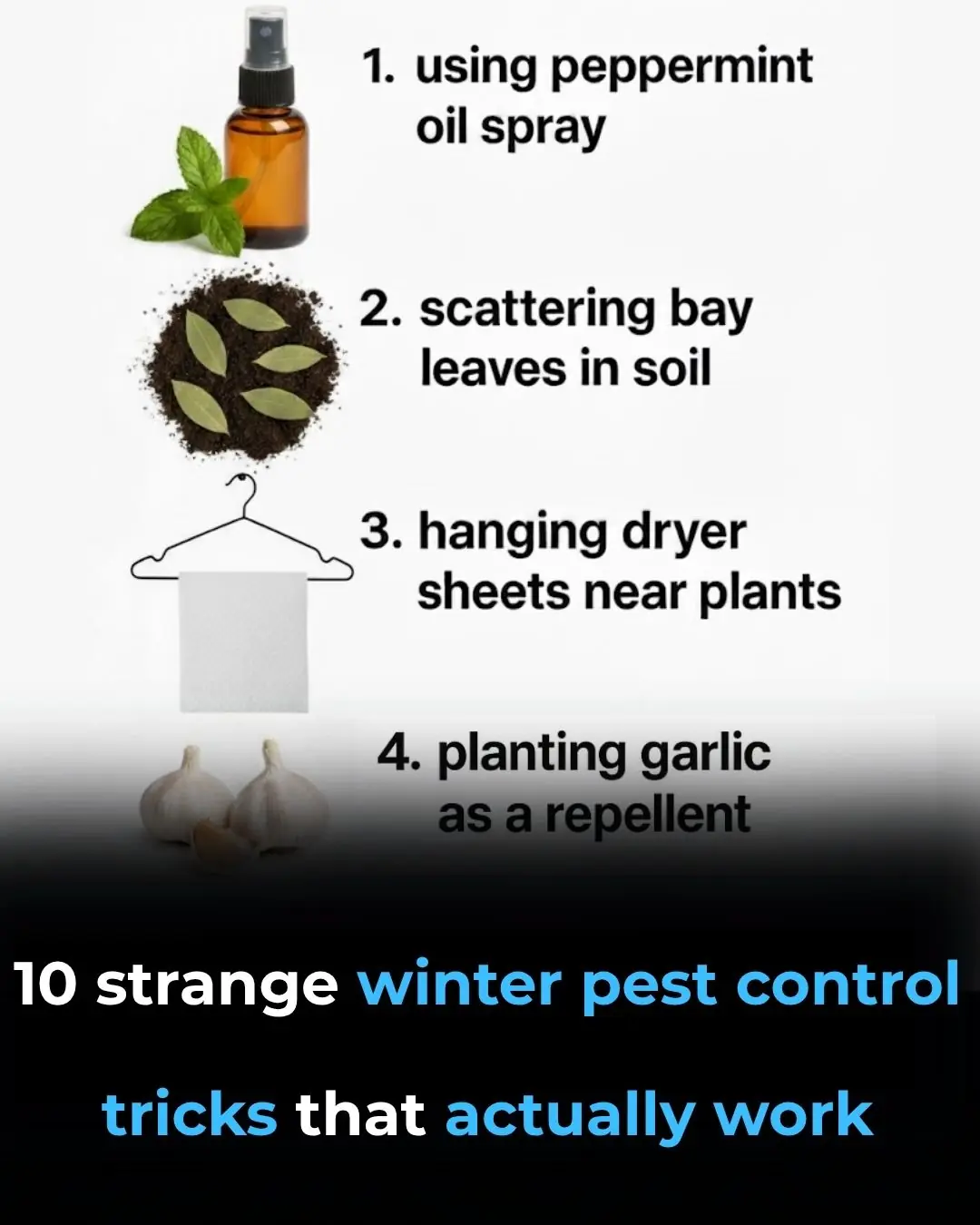
10 Weird Winter Pest Control Tricks That Actually Work

Put Two Glasses on the Door Handle — A Small Action That Brings Big Safety Benefits

Rats Running on the Ceiling? Try These Simple Tricks to Get Rid of Them for Good

How Long Can You Keep Frozen Meat? Here’s the Answer

Drink Coffee at These Four “Golden” Times of Day for Maximum Benefit: Your Liver, Digestion and Whole-Body Health Get a Boost

If you drink lemon water every morning, this is what happens to your body

Stop wasting money on these 10 things

Simple way to repel cockroaches

Washing Machine Full of Dirt and Bacteria? Pour One Bowl of This Inside — It’ll Be Spotless and Fresh Like New!

Stop cooking these 10 things in the microwave

Stop organizing these 10 things backwards
